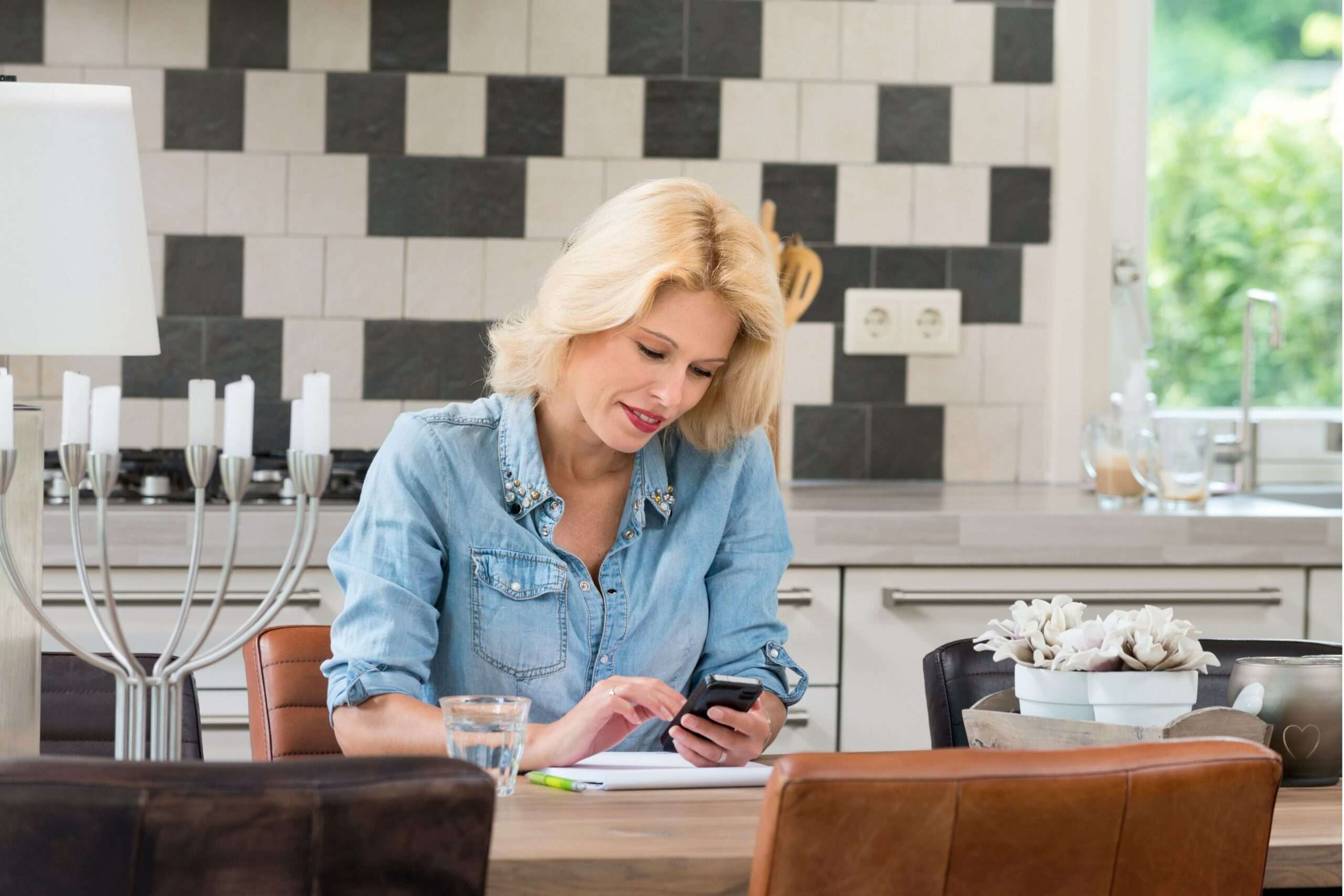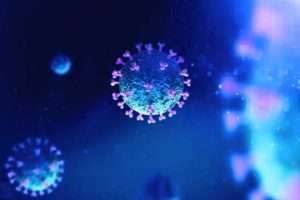Over a year since the World Health Organization announced a global pandemic due to the COVID-19 virus, the world has come to a set-up where public health and safety protocols have created the “new normal”. Face masks are almost considered typical outdoor accessories and social distancing is a necessity.
When people experience flu-like symptoms, they are immediately advised by the US Department of Health to get tested for COVID-19. This is a good way to help stop or at least minimize the spread of this mysterious virus. So, what should you do while waiting for your Rapid or RT-PCR test results?
RT-PCR vs. Rapid Test
There are many Nucleic Acid Amplification Tests (NAATs) for COVID-19. The two most common types of tests are molecular tests and antigen tests. Here is a more detailed look at each one:
Rapid Antigen Test
- This diagnostic test looks for protein fragments unique to the Coronavirus.
- It can be carried out in a clinic, a doctor’s office, a hospital, or even at home.
- A positive or negative test result is often delivered quickly, and in certain cases, results can be acquired in as little as 15 minutes.
Reverse Transcription Polymerase Chain Reaction (RT-PCR)
- The “gold standard” for identifying SARS-CoV-2 is PCR testing, this molecular test detects viral-specific RNA (ribonucleic acid) and may identify the virus within days of infection, even in persons who have no symptoms of COVID-19.
- The test can be carried out at a clinic, a hospital, or even in your own car.
- Although you can get PCR test results in 24 hours, the turnaround time is generally two to three days to a week depending on the circumstances.
To self-isolate or not to self-isolate
A lot of people are debating whether you should stay away from people while waiting for your results or if it is safe to go about your normal routine. Remember that there’s a difference between isolation and quarantine.
Quarantine
Quarantine is for people who got exposed to the virus or got into close contact with someone who tested positive for COVID-19. These individuals are advised to stay away from other people to minimize the spread of the virus
Isolation
Isolation is for people who tested positive for COVID-19. Whether they have symptoms or not, they are advised to stay home and away from other people.
People do not have to quarantine themselves while waiting for their COVID-19 test results. Often, an individual is only asked to quarantine when the rapid test shows positive results and the person has to undergo a confirmatory test to make sure it isn’t a false positive. For those who tested negative but are experiencing symptoms, a confirmatory test is done to make sure it is not a false negative.
While waiting for the results of the confirmatory test, only then are patients required to stay home and away from other people.
Things to do while waiting for COVID results
We listed below a couple of things to remember after you get tested:
- It is highly recommended to stay at home and keep an eye on your health to prevent COVID-19 from spreading to your friends, family, and others.
- If you had close contact with someone who has COVID-19, you will be required to quarantine for 14 days.
- If you are experiencing COVID-19 symptoms, self-isolate and seek medical care.
- Watch out for the following symptoms in the next 2-14 days:
- Fever or chills
- Cough
- Difficulty breathing
- Fatigue
- Muscle or body aches
- Headache
- Loss of taste or smell
- Sore throat
- Runny nose
- Nausea or vomiting
- Diarrhea
- Inform anybody with whom you’ve had recent contact that you may have COVID-19. If they haven’t been properly vaccinated, they should avoid contact with others until the result of your test is negative.
- Wait patiently for your COVID-19 test results as it may vary how long for PCR covid test results to become available especially when the demand is high. They will be sent to you through email, text, and/or phone call. Some testing centers have online patient portals where you can log in to check your RT-PCR test results online.
Get tested to protect yourself and others
Getting tested may require time, effort, and money, but the amount of protection and peace of mind you get from making sure that you are not infected is worth it. Aside from getting tested, it is also important to observe public health and safety protocols and to get COVID-19 vaccination doses and booster shots to minimize the effect of the virus.
Check out the nearest urgent care clinic or testing center to get a 4-hour PCR Test results in Hicksville, Jackson Heights, Crown Heights, or anywhere in NYC.










